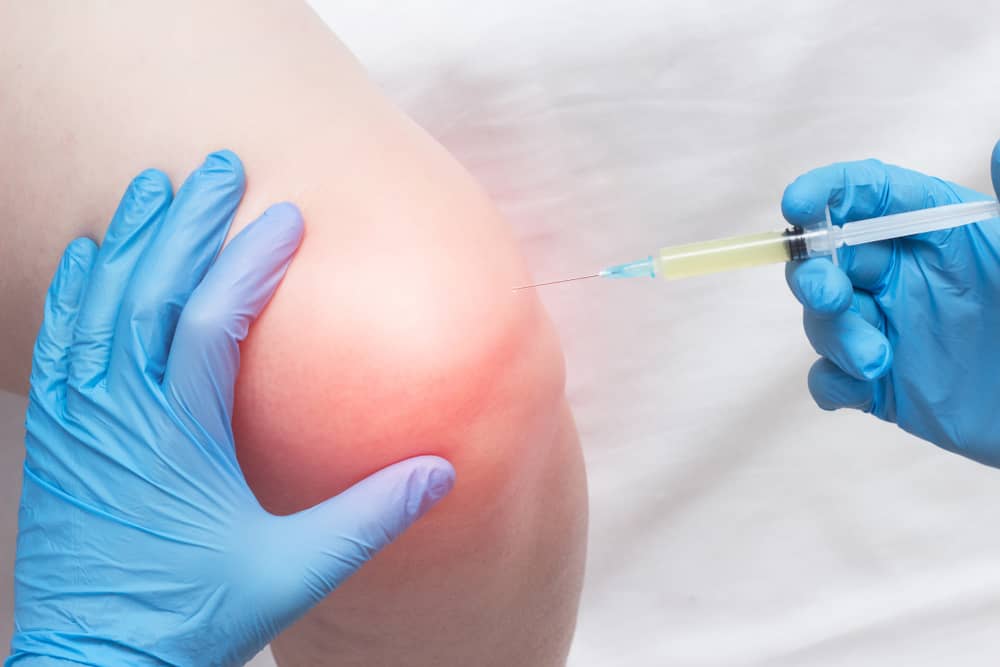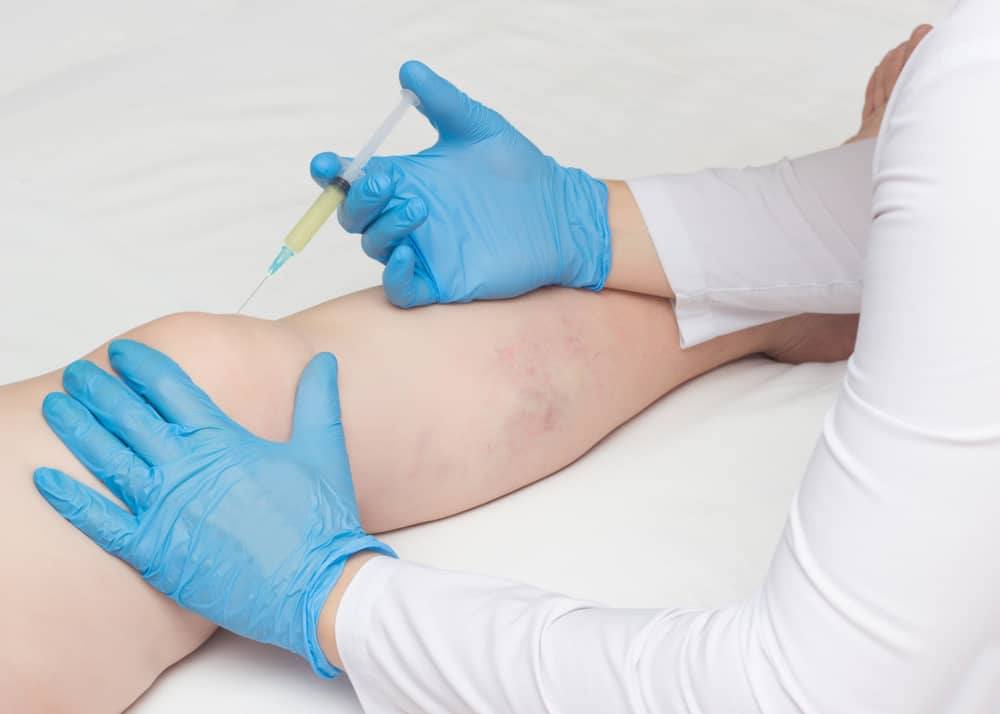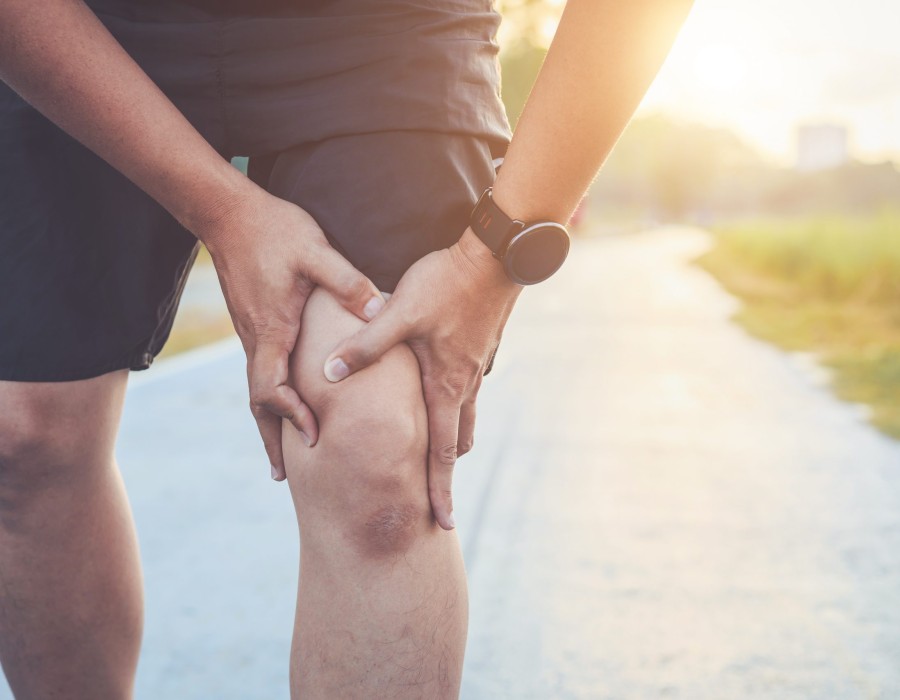Many folks discover that their knee discomfort is worse at night than during the day. There is nothing more annoying than feeling worn out and tired after a long day and then, all of a sudden, having severe knee pain. When you finally get a chance to rest your knees after battling through the day and completing all of your tasks, they start to hurt the most. It would help if you contacted your knee pain treatment specialists Jericho for proper knee pain treatment.
Understanding the points: knee pain gets worse at nighttime
Absence of Distractions
We frequently don't have time to notice or think about pain during the day because a lot is going on, and other distractions divert our attention.
However, the pain that has been rumbling in the background suddenly becomes quite loud since nothing is hiding it when we go into bed, and there is less stimulation and distractions to keep us from feeling it.
Lack of Sleep
Knee discomfort at night can quickly spiral out of control. Lack of sleep can lower pain thresholds, increase exhaustion, diminish tolerance, hinder recovery, and increase pain sensitivity.

Carbon Dioxide and Vascular Structures
We take oxygen from the surrounding air and release carbon dioxide as we breathe. Our respiratory rate, or the quantity of breaths we take and exhale each minute, decreases, and our breathing becomes more gradual while we sleep.
Consequently, our blood's concentration of carbon dioxide rises, which widens the diameter of blood vessels. You can visit Knee Pain doctor jericho if you face any problem in your knee.
Knee Pain Treatment at Night
The following are the most excellent nighttime remedies for knee pain:
Elevate Your Legs: Take a nap 20 minutes before bed with your legs propped up on cushions or pillows. This aids in minimizing any knee edema. Elevation works best when lying down; your knee rests higher than your heart.
To find a comfortable sleeping position, try placing a pillow behind your knee if you sleep on your back and between your knees if you sleep on your side. Ensure your mattress is supportive and of high quality.
Ice or Heat Packs: Heat pads are usually more effective for longer-term issues, whereas knee ice wraps are generally more effective in the immediate aftermath of an accident. Before going to bed, use them for ten to twenty minutes.
Make healthy sleep habits a priority: This includes removing devices from the bedroom, setting a regular bedtime and wake-up time, aiming for eight hours of sleep, using black-out curtains, and bypassing stimulants like caffeine in the afternoon and night.
Take Regular Breaks: To minimize swelling, take frequent intervals throughout the daytime to rest your knees, ideally with your legs raised.

Use Walking Aids: If you experience knee discomfort during the day, consider using crutches or a stick to ease the strain and pressure on your knees and prevent further development of the pain.
Get a massage: Do this during the day or before bed to help you unwind and lower your pain threshold.
Avoid Smoking: Smoking reduces blood flow, which speeds up the healing process after an injury.
Stretch both right before bed and right after waking up: Stretches like this not only help to release tension in the muscles but also enhance blood flow. For more information, you must visit Knee Pain Doctor Manhattan, and they will provide you with all treatment options.
Concluding the matter
Many conditions, such as tendinitis, bursitis, gout, and arthritis, can result in knee pain during the night. Depending on what is causing the knee discomfort, therapy options may include physical therapy, rest, ice, exercises, painkillers, and, in certain situations, injections or surgery.
Get it checked out by your Knee Pain doctor, and you will shortly be on your path to a good night's rest.





Comments